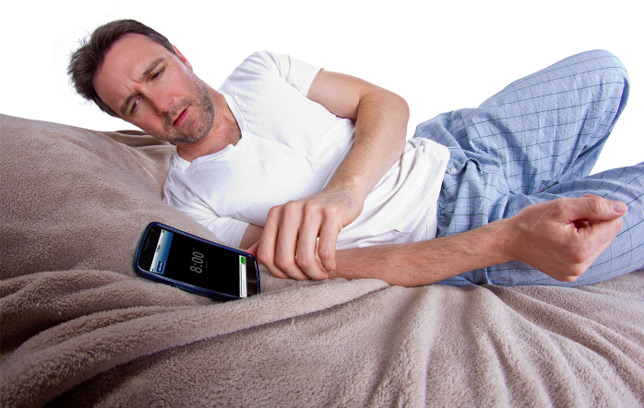Your fridge might be fueling some serious brain fog: Late night eating can worsen the fuzzy thinking that comes with sleep deprivation , new research from the University of Pennsylvania suggests.
In the study, two groups were restricted to sleeping just 4 hours a night. The short-sleepers who were able to snack freely during the night showed significantly slower reaction times and more attention lapses later that night than those who stopped eating at 10 pm.
5 Crazy Things That Happen When You’re Short on Sleep
It all goes back to our cavemen ancestors: Feeling hungry may have boosted our vigilance, making us better able to successfully find and gather food, says study coauthor Namni Goel, Ph.D. Feeling full, on the other hand, worked to make us feel tired, so we could fall asleep and conserve our energy.
It’s also possible that eating decreases the amount of a neurotransmitter called orexin, which reduces your feelings of alertness, says study coauthor Andrea Spaeth, Ph.D.
Bottom line: Getting a solid amount of sleep is your best bet. But in certain situations where sleep deprivation is unavoidable, try cutting yourself off from the fridge after finishing up dinner so you feel fewer effects the next morning, suggests Goel.
That means no snacking after, say, 7:00 pm if you know you’ll be cranking out reports all night but have to be on-game for an early presentation the next morning, too.


















